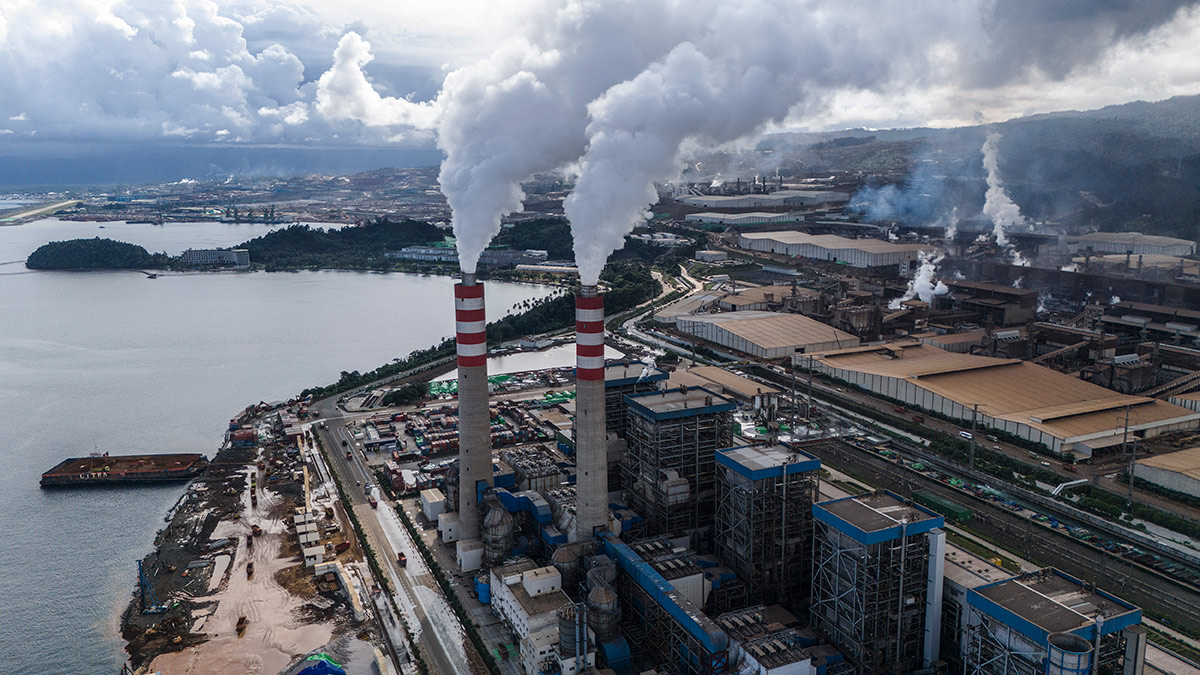Indonesia is attempting to transition its energy system from coal while ensuring reliable and affordable electricity. The international community, for example the Just Energy Transition Partnership (JETP) and bilateral Memorandum of Understandings (MOU), have offered financial and technical support for Indonesia’s clean energy transition, but investment plans leave crucial gaps in terms of phase-out and replacement of existing captive coal power plants. These facilities contribute significantly to national greenhouse gas emissions and are predominantly found in the metals and mining industries, sectors Indonesia is expected to grow in the future. Due to the complexity of these industrial processes and grid accessibility issues, reducing carbon emissions is also more complex than decarbonizing other sectors of the economy. Presidential Regulation 112/2022 (PerPres 112/22) has set a benchmark, committing to end new coal power plants and requiring captive industrial parks to reduce carbon emissions by 35% within 10 years of operation, although many questions remain on how these targets will be achieved.
Industrial park firms are interested in decarbonizing their industrial parks by exploring various available options, including energy efficiency, on-site renewable options or more commonly referred to as captive renewables, grid imports through grid connection, and others. However, they face regulatory challenges imposed by federal and state governments, a lack of direct incentives to engage in costly upgrades, unclear industry standards, and unsure financing streams. Coordinating grid connection options with Perindustrian Listrik Negara (PLN) in certain areas could be cost-effective, but these present large coordination problems among PLN’s grid and generation development, international actors, local governments, and industrial park owners and tenants.
This report assesses options for reducing carbon emissions in Indonesia’s captive power facilities considering plant-level options and grid upgrades, with a specific emphasis on who owns these facilities and finding viable strategies to support and implement.
Recommended citation:
A Gnapathy, K., Chen, L., & Davidson, M. R. (2025). “Advancing low-carbon industry transition: decarbonizing industrial captive generation in Indonesia.” Power Transformation Lab and School of Global Policy and Strategy, University of California San Diego, La Jolla, USA. https://doi.org/10.5281/zenodo.17345968

